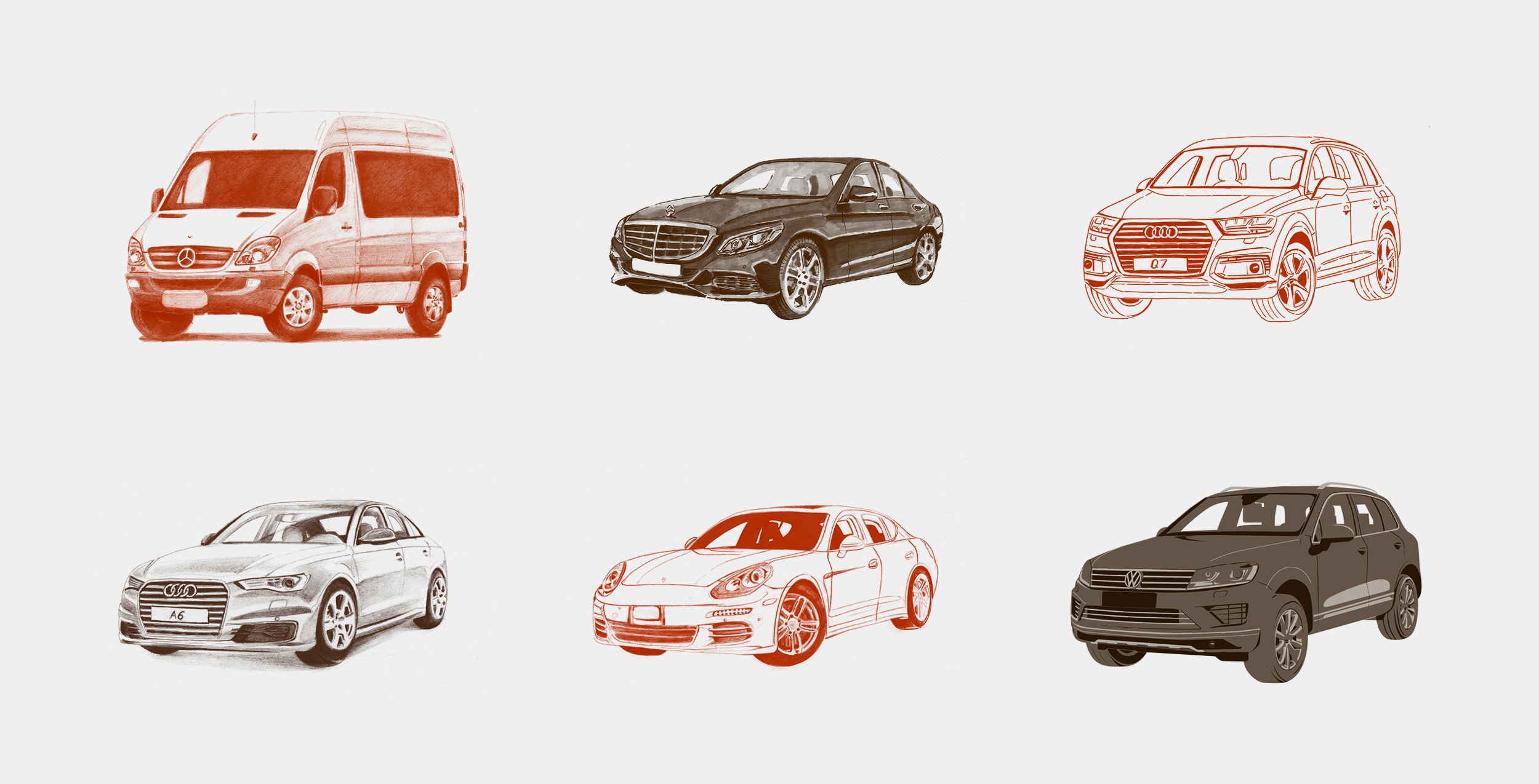
Dieselgate is a hot topic:
Although the scandal became public in 2015, it is still highly topical. Millions of diesel vehicles with defeat devices are still on the roads. Volkswagen alone has built around 11 million diesel vehicles with defeat devices. If other manufacturers are included, the number of affected vehicles is considerably higher. While the legal process in Europe is making slow progress, many consumers in the USA have already been generously compensated by the car manufacturers.
However, Dieselgate is not just a legal problem that is playing out in the minds of outraged customers. The scale of the scandal is far too large for that. Millions of vehicles that emit more exhaust gases than legally permitted are a threat to health. This is a fact that can no longer be ignored, even in times of climate change. Moreover, the cars concerned do not comply with the legal environmental specifications. This means that they are exposed to the risk of decommissioning on a daily basis. Admittedly, the manufacturers claim with the development of so-called software updates that the vehicles now comply with these specifications. However, a multitude of investigations and court cases show that these updates themselves are only further defeat devices and do not change anything about the environmental damage of these cars.
Dieselgate: Some affected vehicles
The consequence is already a loss in value of the vehicles and, as time goes by, an increase in the risk of decommissioning. Customers who continue to drive their diesel vehicles now may also be accepting the risk of a complete loss of value.
Which vehicles are affected?
Almost all diesel vehicles from European and non-European manufacturers sold in the Baltics and Finland between 2005 and 2018 are affected. You can check for yourself whether your vehicle is affected here.
Free examination of your claim:
If your vehicle is affected by Dieselgate, we will review your claim for compensation without obligation and free of charge so that you can decide what further steps you want to take. To do this, you can enter your vehicle data on our website (www.dieselgate.legal) or contact us by e-mail (office.ee@klauberg.legal).
What we do:
If your vehicle is affected by Dieselgate, you are entitled to compensation. We will enforce this claim for you in court. To do this, we file a lawsuit against the car manufacturer. This will mostly be in Germany, as the majority of all affected vehicles come from German manufacturers. It is advantageous for you to file a claim in German courts. Unlike in other European countries, hundreds of thousands of Dieselgate lawsuits have already been handled by German courts. And in the majority of cases, a verdict in favour of the buyer was reached in the end. By filing a lawsuit in Germany, you can take advantage of this case law.
What happens if I win the court case?
If you win the court case against the manufacturer, you return your vehicle to them and receive your purchase price back in return.
However, the courts deduct a compensation for use from this, as you received a practical utility value through the use of your vehicle until the end of the proceedings.
How much is deducted from the purchase price depends on the kilometers you have driven up to that point from the time of purchase.
This leaves you in a much better position than if you resell the vehicle on the used car market. Even if you have already sold the car, it still makes sense to sue for damages. The compensation you demand in court will then only be reduced by the purchase price you achieved on the used car market.
What is Dieselgate?
Dieselgate is the biggest industrial scandal in Europe since the Second World War. Millions of car buyers and the authorities were systematically deceived about the supposed environmental friendliness of diesel engines. In order to maximize profits and remain competitive, the manufacturers systematically implemented so-called defeat devices in the engine's exhaust gas purification system. As a result, diesel vehicles emit up to ten times more exhaust gases than required by law.
This was made possible by the systematic deception of the registration authorities. In order for a vehicle with an internal combustion engine to be approved for the European market, the vehicle must comply with European environmental regulations. To check this, the authorities test the vehicle. The defeat devices used by the manufacturers ensured that the exhaust gas aftertreatment in the engine functioned during the tests, but switched it off again during normal driving so that the engine would not wear out unnecessarily and diesel consumption would not increase.
Further information:
For more information, visit our website and blog at www.dieselgate.legal








